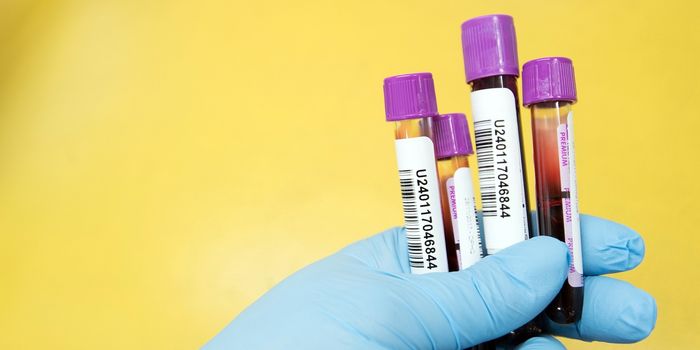Machine-Learning and Epigenetics Drug Discovery
Machine learning is known for detecting patterns seen in complex data—such uniqueness has proven it roles in health and medicine. Now, researchers at Sanford Burnham Prebys Medical Discovery Institute have created a machine-learning algorithm that can retrieve information from microscope images. The development can allow high-throughput epigenetic drug screens and advance the search for unlocking new treatments for wide range of diseases from cancer to mental illness and more.
Epigenetics is about the chemical tags on our DNA that can alter how our genes express our basic features and qualities, learn more:
Taking a therapeutic drug for treating an illness can be influenced by our epigenetic state and therefore, several studies around drug discovery target epigenetic alterations. However, the process has been met with challenges due to the lack of high-throughput screening methods.
"In order to identify the rare few drug candidates that induce desired epigenetic effects, scientists need methods to screen hundreds of thousands of potential compounds," says Alexey Terskikh, Ph.D., associate professor in Sanford Burnham Prebys' Development, Aging and Regeneration Program and senior author of the study. "Our study describes a powerful image-based approach that enables high-throughput epigenetic drug discovery."
The findings of the study were published in the journal, eLife.
"Our method is ready for immediate use by pharmaceutical companies looking to develop epigenetic drug screens," says Chen Farhy, Ph.D., a postdoctoral researcher in the Terskikh lab and first author of the study. "Industry and academic researchers working on mechanistic studies may also benefit from this method, as the algorithm can detect and categorize epigenetic changes induced by experimental treatments, genetic manipulations or other approaches."
Source: Science Daily









